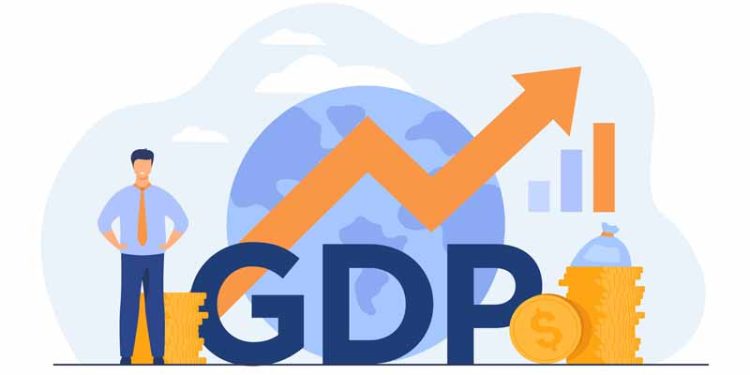The Indian equity market has broadly transcended international markets. And presently quoting at valuations and at a higher premium to other emerging markets than that witnessed historically. While the fluctuating stock prices make the equity investments risky- where the risk-averse investors prefer to stay away from the share market. But the risk-takers invest in the stocks and result in good wealth in the long run. One can never predict the future performance of the stock market. Due to which it keeps the investor wide awake with whether to invest or not.
The stock market tends to be dynamic. The increase and decrease in stock prices influence numerous factors in the economy. Due to this, it can have both a positive and negative impact on the economy as a whole. And different economic conditions can affect the stock market as well. Know the best trading platform in India to start a responsible trading journey.
In case of doubt or you need assistance, you reach out to the best stock broker in India who can guide you at every stage of your strategic investment decisions. Further, are a few points you must understand on how the stock market affects the economy.
Inflation –
Inflation is a surge in the pricing of goods and services over some time. Every month, the government announces the inflation numbers which adversely affect the market. Higher inflations lead to the RBI increasing the interest rates which will lead to affect the stock market badly. But if the inflation is lower then it will lead to cutting down of interest rates by RBI, resulting in good results for the stock market.
Inflation is a concern that can discourage longer growth value of the economy and also investments. Due to this the companies in the stock market can postpone their investment and halt production.
Government Policies-
Government policies affect the economy and business adversely. From time-to-time government announces policies for some sectors that benefit the listed companies in that sector. Given the economic condition of the country, the government implements new policies.
So many new changes in government policies can either make profits to the economy or the other way around. So any changes or new introduction of the policy by the government can create a possibility of changes in the stock market too.
Interest Rates –
When the interest rates increase, then the bank raises the lending rates. This leads to an increase in the cost of corporates and individuals. The rising cost will tend to make a consequence on the profit levels of the business affecting the stock prices of the company.
Exchange Rates –
The exchange rates of the Indian Rupee against the US Dollar influence the investment decisions of foreign investors. When the rupee depreciates to the other currencies then it leads the Indian goods to become expensive in foreign markets. Due to this the companies involved in overseas operations are highly affected. For those Organizations dependent on exports, they experience a drop in demand for their goods abroad. Thus, revenue from exports declines, and stock prices of such companies in the home country fall.
Economic Numbers –
Economic numbers create an impact on the financial market and the overall economy. The movement of oil prices and GDP have a tremendous influence on the stock market. The movement of oil prices is one of the fundamental factors of the stock market. When the prices rise, the expenses will grow and hence decrease the buyers’ capability to invest in the market.
Likewise, the GDP- Gross Domestic Product is the total economic production of the country and its overall economic health. The GDP showcases the economic developments and the future of the market. Also, it is a good and healthy GDP that will create a positive impact on the financial markets and investments.











